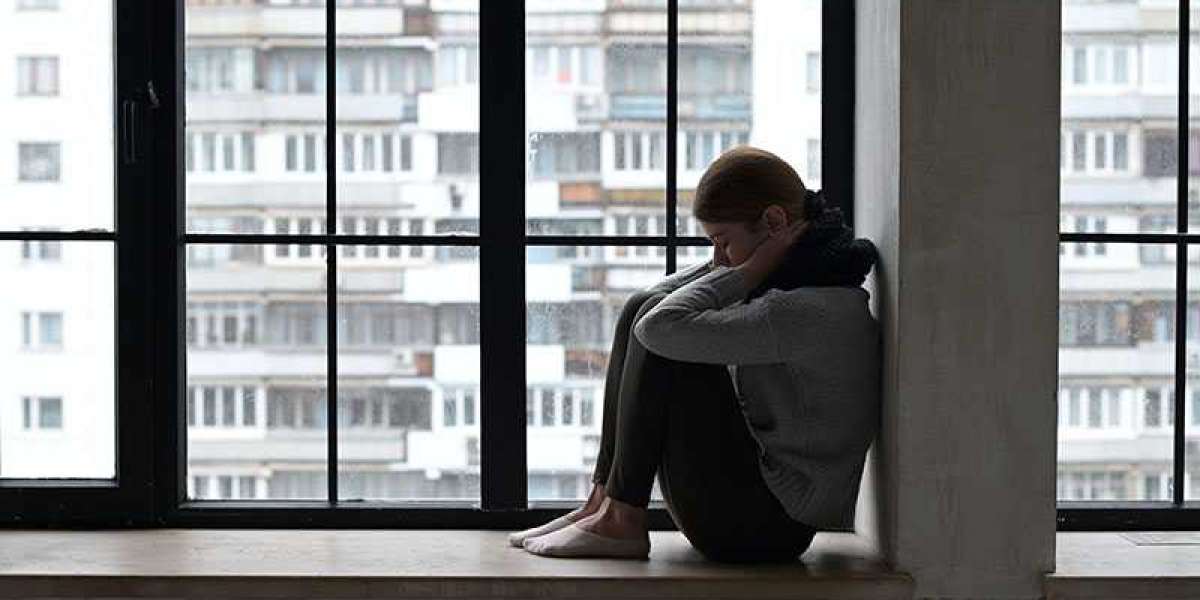Depression is a common mental disorder that causes sadness and other negative emotions. It can affect people of all ages.
It is a treatable condition that can be controlled with medication and psychotherapy. About 80% of people with depression eventually get better.
Symptoms
Depression can cause a wide range of symptoms. Some of the most common include feeling extremely sad, hopeless and helpless, irritable and angry.
If you or a loved one has these symptoms, it's important to get help right away. You should also seek treatment if you're feeling suicidal or think of self-harming.
The first step to getting help is admitting you're depressed. This can be hard for some people to do.
Your doctor may ask you to complete a mental health evaluation, such as the DSM-5 questionnaire or a psychiatric exam. They'll also ask you about your medical history.
They'll also check to see if you have any medical conditions that mimic depression, such as hypothyroidism or heart disease. If you have an underlying condition, treating it can often ease your depression.
Causes
Depression is a serious mental health problem that affects people of all ages. It can be triggered by major life changes like bereavement or the loss of a job, but it can also come on without an obvious reason.
Depression can be caused by a chemical imbalance in parts of your brain that control how you feel, think and behave. This can be caused by changes in hormone levels, such as during the menstrual cycle, postpartum period or perimenopause.
Other things that can trigger depression include trauma and a family history of it. Early childhood trauma, which affects how your brain responds to stress, may increase your risk of developing depression.
If you're worried about depression, it's important to talk to your doctor and get help. There are treatments that can help, including medication and psychotherapy. These treatments can make a big difference in how you feel and how you interact with people. It can also help you learn to manage your symptoms and cope better with life.
Treatment
Depression is a serious illness that affects more than 1 in 10 adults in the UK. Treatment can help people feel better and prevent the condition from coming back.
Medications and talk therapy can help reduce depression symptoms and improve your quality of life. Your healthcare provider will work with you to find the best combination of treatments to suit your needs.
Medication: Antidepressants can help change the brain chemistry that causes depression. They are usually prescribed for people who have been depressed for several months and haven't responded to psychotherapy or other treatment methods.
Talk therapy: Psychotherapy is an effective and safe way to treat depression. Therapists help you identify unhealthy thoughts and behaviors that may be contributing to your depression and teach you coping skills.
Other types of treatment include social skills training and interpersonal therapy. These treatments focus on improving your relationships with others and teaching you how to handle stress effectively.
Prevention
Taking steps to prevent depression can reduce the risk of future episodes. It can also help you avoid a major relapse of symptoms if you already have depression.
Identifying and dealing with your early warning signs is a good way to prevent the onset of depression. It can also be a great way to make sure you get the treatment you need at the earliest possible time.
You can also take steps to reduce stress in your life. This can include changing the way you interact with others, limiting how much time you spend with people who are negative, and taking care of your physical health.
Sleep is a big part of your mood and energy level. So try to get 7 to 9 hours each night.
You can also eat a healthy diet, including lots of fruits and vegetables. Limit simple carbs and foods with added sugar, and drink plenty of water.






